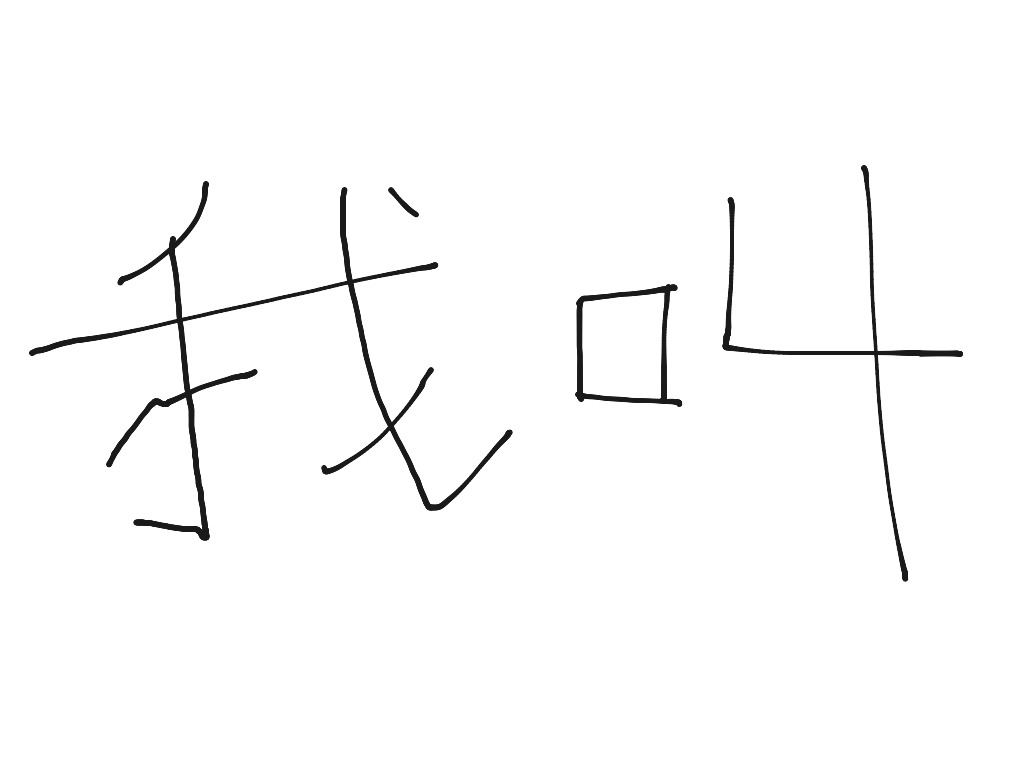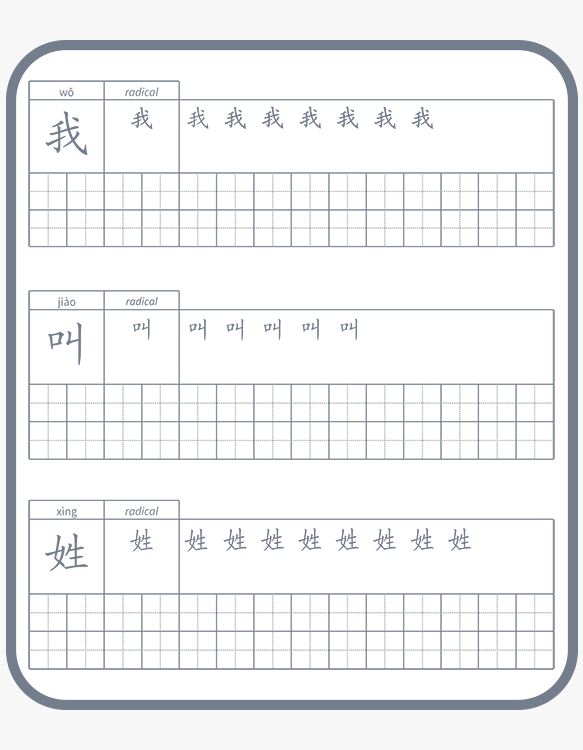Introducing Myself
Mandarin Chinese has a very versatile phrase “wo jiao” that has multiple meanings depending on the context. One of the most common usages is to introduce oneself by saying “My name is…”. For example, “Wo jiao Michael” directly translates to “I am called Michael”, meaning “My name is Michael”. However, there are important nuances to this phrase beyond just introductions.

Expressing Courtesy
While children and close friends may say “Wo jiao” followed by their name to introduce themselves, it would be considered impolite or too direct for adults. A more courteous way is to say “My humble surname is…” instead of directly stating one’s given name. For instance, someone might say “Benchen wo de xiao xiang Benchen, erdong Benchen, daxiaodeda Mingbai de Mingbai.” which translates to “My humble surname is Chen, first name is Dongchen, I’m not the eldest but the second, understanding is understanding.” This expresses more humility and respect.
Requesting Permission
Another use of “wo jiao” is when requesting permission to call someone by a nickname or shortened name. For example, saying “Wo jiao ni Jenny, hao ma?” means “Can I call you Jenny?”. Using this phrase politely asks for consent before using an informal name for the other person. It shows consideration that not everyone may be comfortable with shortened names.
Giving Instructions
The verb “jiao” in “wo jiao” can also mean “to call” or “to ask”. So a sentence like “Wo jiao tamen anjing” uses “wo jiao” to mean “I asked them” or “I told them”, where “anjing” means “to be quiet”. In this context, “wo jiao” conveys the sense of giving an instruction or directive to someone rather than an introduction.
Expressing Body Parts
While less common, “wo jiao” has other literal meanings beyond introductions when referring to anatomy. For example, a bull could say “Wo jiao wogao” to mean “My horns”. Or a snail could reference its tentacles as “Wo jiao wujiao”. While these usages are more lighthearted, they demonstrate the flexibility and multiple denotations of “wo jiao” in the Chinese language.
Cultural Nuances
As with any language, there are important cultural nuances to understand when using phrases like “wo jiao” in Mandarin Chinese. Directly stating one’s given name can come across as impolite, while requesting permission shows consideration. Expressing humility is valued over an abrupt self-introduction. And the multi-faceted nature of “wo jiao” illustrates how context and non-verbal cues are crucial. For learners, being aware of these deeper cultural implications can help communicate respectfully.
Conveying Meaning Through Context
In conclusion, the versatility of “wo jiao” exemplifies how richly complex the Chinese language can be. A single phrase takes on very different meanings depending on the surrounding context and non-linguistic aspects of a situation. This requires understanding broader implications beyond just verbatim definitions. For foreigners learning Mandarin Chinese, appreciating these cultural nuances is important for truly comprehending the language beyond just translations. Paying attention to context clues and implicit social norms can reveal richer layers of meaning compared to looking at words and sentences in isolation. Mastering “wo jiao” is an insightful starting point.

 How to Avoid Military Romance Scams
How to Avoid Military Romance Scams